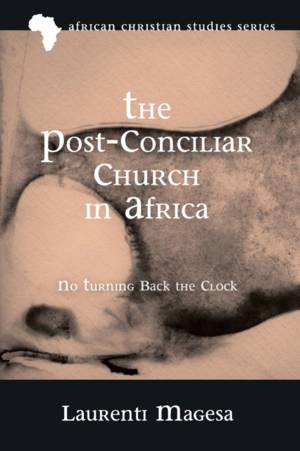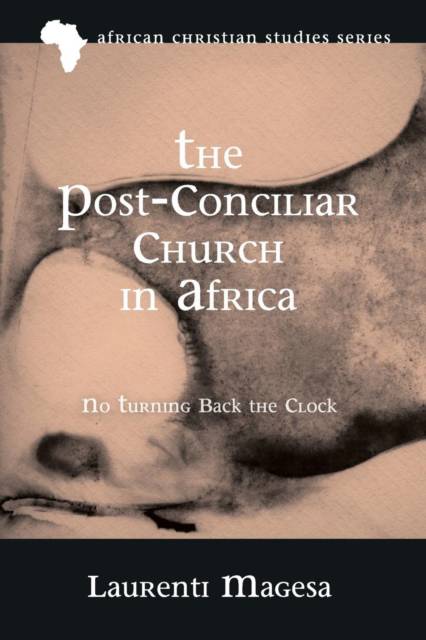
- Afhalen na 1 uur in een winkel met voorraad
- Gratis thuislevering in België vanaf € 30
- Ruim aanbod met 7 miljoen producten
- Afhalen na 1 uur in een winkel met voorraad
- Gratis thuislevering in België vanaf € 30
- Ruim aanbod met 7 miljoen producten
Zoeken
€ 35,45
+ 70 punten
Uitvoering
Omschrijving
The Second Vatican Council (Vatican II, 1962-65) was distinctly different from other councils in one significant aspect. In all the areas it discussed, this council did not see itself as the end of a process, but rather as a beginning. It opened, not closed, doors--whether doctrinal or disciplinary--for ongoing reflection, for possibilities of ever-improving knowledge and understanding. Laurenti Magesa offers this book as a stimulus for African (Catholic) Christians to continue digging deeper into and benefiting from the spiritual treasures that the Council still contains. For the theologian or historian of Vatican II, some of the information may be quite familiar, but all of it is important if one is to grasp the scope, meaning, and implications of the Council for the Church and people of Africa.
Specificaties
Betrokkenen
- Auteur(s):
- Uitgeverij:
Inhoud
- Aantal bladzijden:
- 174
- Taal:
- Engels
- Reeks:
- Reeksnummer:
- nr. 16
Eigenschappen
- Productcode (EAN):
- 9781532609121
- Verschijningsdatum:
- 4/06/2018
- Uitvoering:
- Paperback
- Formaat:
- Trade paperback (VS)
- Afmetingen:
- 152 mm x 229 mm
- Gewicht:
- 258 g

Alleen bij Standaard Boekhandel
+ 70 punten op je klantenkaart van Standaard Boekhandel
Beoordelingen
We publiceren alleen reviews die voldoen aan de voorwaarden voor reviews. Bekijk onze voorwaarden voor reviews.







